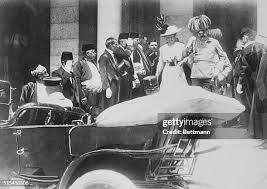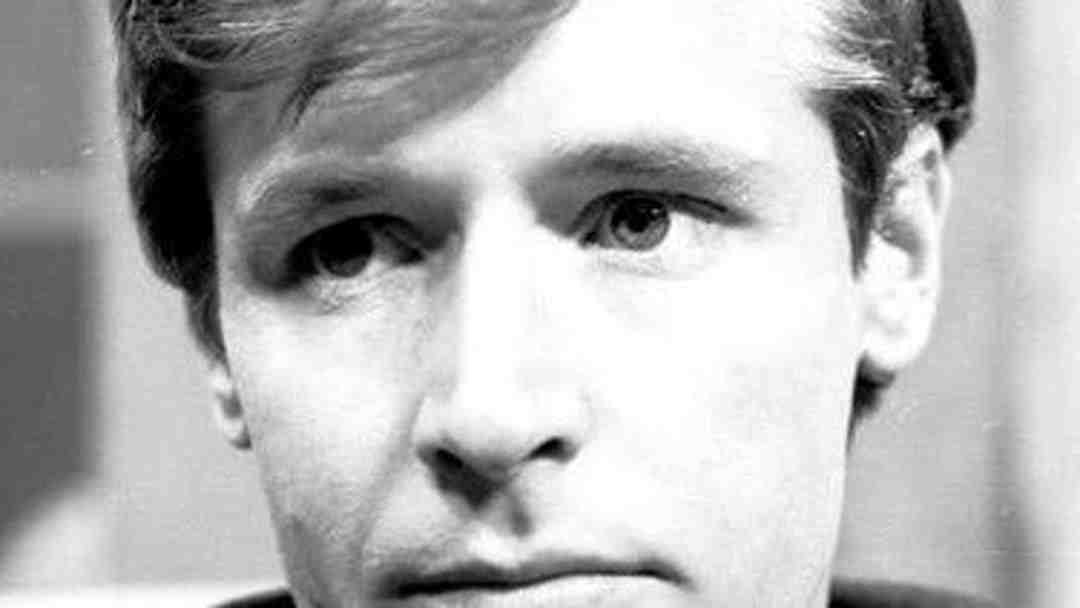
Introduction
Franz Ferdinand, the Archduke of Austria-Este, is a historical figure whose significance extends far beyond his royal lineage. His assassination in 1914 is widely considered the spark that ignited World War I, a conflict that profoundly transformed the geopolitical landscape of the 20th century. Understanding the events surrounding his life and death provides insight into the complexities of international relations and the cascading consequences that followed.
The Assassination of Archduke Franz Ferdinand
On June 28, 1914, Archduke Franz Ferdinand and his wife, Sophie, were assassinated in Sarajevo by Gavrilo Princip, a member of the nationalist group known as the Black Hand. This act was fueled by a desire for independence among South Slavic people, who were seeking to break free from Austro-Hungarian rule. The assassination led to a series of diplomatic crises, culminating in the outbreak of World War I on July 28, 1914, when Austria-Hungary declared war on Serbia.
The Aftermath and Global Consequences
The war that ensued caused unprecedented destruction and loss of life, resulting in an estimated 16 million deaths and 21 million wounded. Additionally, the conflict redrew borders across Europe, dismantled empires, and laid the groundwork for political ideologies that would dominate the century, including communism and fascism. The Treaty of Versailles in 1919, which ended the war, placed heavy reparations on Germany and set the stage for future conflicts, including World War II.
Franz Ferdinand’s Legacy
Franz Ferdinand’s legacy is one of unintended consequences; his death highlighted the tense nationalism that existed within Europe and showcased how fragile diplomatic relations were at the time. Discussions regarding his political views often point to his attempts at reforming the Austro-Hungarian Empire to better accommodate its diverse ethnic groups, which were largely ignored due to the war. This has led historians to consider what might have been if he had not been assassinated.
Conclusion
In conclusion, Archduke Franz Ferdinand played a pivotal role in a historical event that reshaped the world. The assassination not only unleashed a catastrophic war but also triggered a chain of events that influenced the political climate of the 20th century. Understanding the implications of his legacy serves as a reminder of the delicate balance of power in international affairs and the profound effects that a single event can have on global history. As we reflect on these events, it becomes evident that the lessons from the past remain relevant in today’s complex geopolitical environment.
You may also like

Remembering Matthew Perry: A Look at His Life and Legacy

The Enduring Legacy of James Madison
